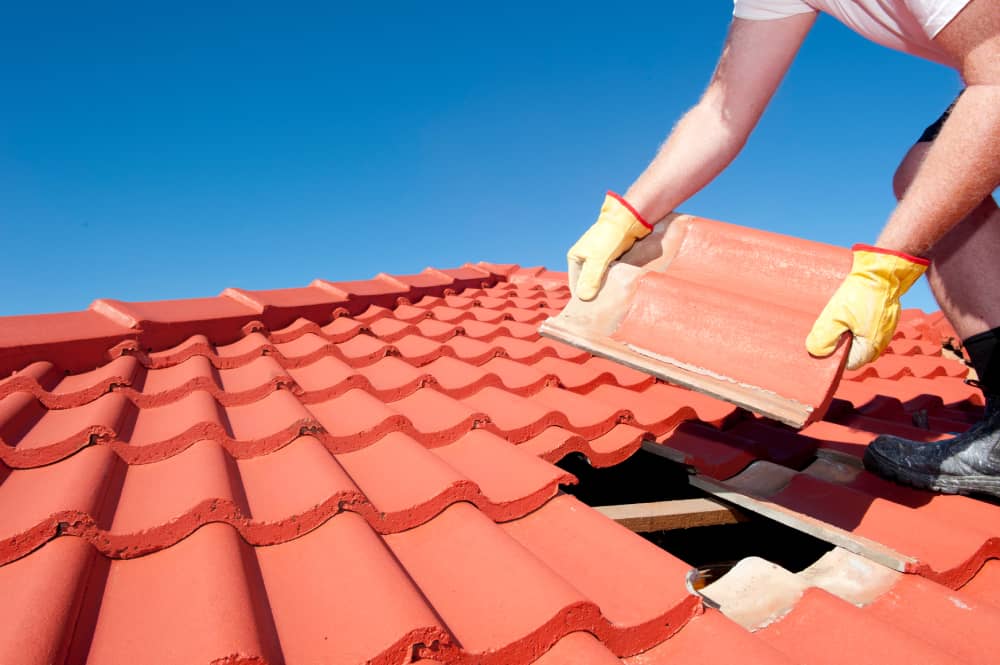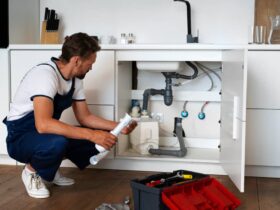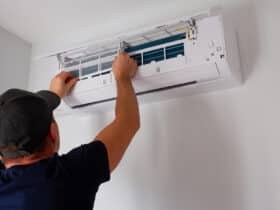Boiler efficiency is a top priority for many homeowners, and rightfully so. A boiler that is not working at its best can cost you a lot of money and waste energy. The average home boiler can account for up to 10% of your monthly utility bill, which means that it pays to improve the efficiency of your system. You want a home boiler and water heater system that will last you a long time, so it’s critical to maintain its optimum performance.
In this blog post, we will discuss five ways to maximize the efficiency of your boiler.
Change Your Boiler Filters Regularly
One of the quickest and easiest ways to increase your boiler’s efficiency is by making sure it has a clean filter. By changing this component regularly, you’ll be able to lower energy costs and ensure your boiler is running at full capacity. If you have not changed the filters in years or even decades (as many homeowners do), you will find it difficult to get the old one out and install a new one. That means you might need professional help, so don’t feel bad.
The most important thing to remember when changing your filter is that it needs to be done regularly and according to the manufacturer’s guidelines. Many boilers have a recommended schedule for how often you should change them (usually every six months). If you’re not sure, consult an expert in boiler repair in Grand Rapids MI, to ensure that your system is running at its peak efficiency.
Have A Professional Inspect The Boiler Annually
Another practical way to maximize the efficiency of your boiler is by having a professional inspect it annually. When you have an inspector come out, they will check for any leaks and ensure everything in your system is working properly. They may be able to help identify ways that you can improve how efficient your boiler runs as well, which could reduce the costs of heating your home.
Having a professional inspect the boiler can also prevent major issues from occurring, leading to expensive repair bills or even replacement of an entire system if problems are missed. Having your boiler inspected annually is one way that you can ensure maximum safety and efficiency in use for years to come. This is especially important if you’re still using older models of boilers.
Replace Old, Inefficient Radiators With New Ones
Replacing old, inefficient radiators with new ones is also a great way to improve boiler efficiency. This will reduce the amount of energy used by your heating system while increasing its overall output. Radiators are responsible for transferring heat from the boiler to your rooms. Since they are exposed directly to both hot water and ambient air, their insulation can become compromised over time.
This is why you must inspect them at least once a year for any cracks or other damage. They should be replaced when they deteriorate to the point where they can’t be repaired. Modern, high-efficiency radiators are designed to operate at a much lower surface temperature than older models. They also have special fins that can be adjusted to maximize heat transfer through convection and radiation.
Ensure All Your Pipes Are Insulated To Prevent Heat Loss
Many homes have exposed steam pipes that lose heat and water every time they move around the house. To prevent this from happening, you can insulate these pipes to retain more of your hot water. The first step is to find all the areas in your home where steam pipes are exposed. This can be found by looking at the heat loss in specific rooms or around radiators.
Once you have located these areas, it is time to insulate them to prevent any more heat from escaping and water from leaking out of your system. You should also test whether there are loose connections because this can also cause a leak. You can significantly improve boiler efficiency by using insulation as this reduces heat loss, which, in turn, reduces the amount of energy you use.
Install A Programmable Thermostat To Adjust Temperatures Automatically

A programmable thermostat lets you set your boiler to be on or off during specific times of the day. This can save up to 30% in energy costs and reduce carbon emissions by as much as 40%. Even if your boiler has a built-in programmable thermostat, you should consider installing an external one that can be programmed to turn on and off at different times – this will give you even greater control over the way your heating system operates.
Go Ahead and Implement These Tips
While home boilers can be efficient machines, they are only as effective as those who use them. By following these five tips, you can maximize the efficiency of your boiler and save hundreds if not thousands of dollars on heating bills over time and help the environment as well.













